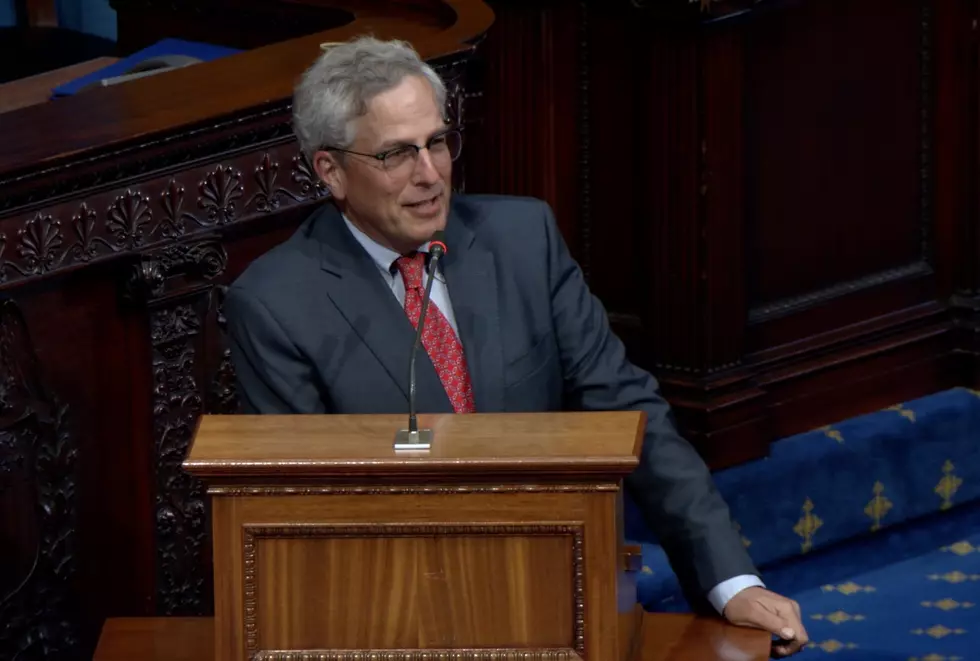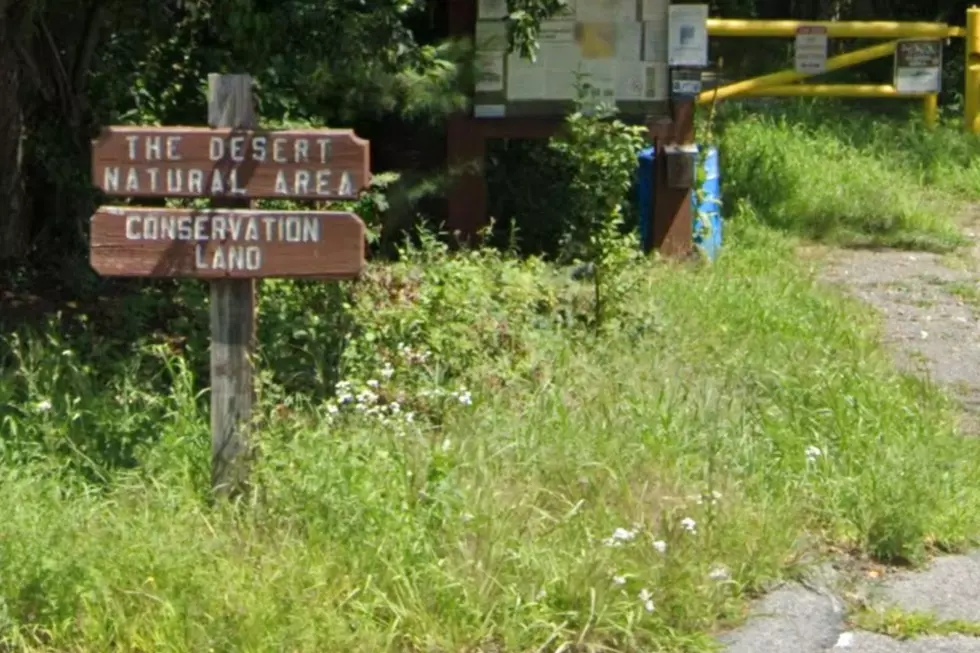
Road Funding Bill Misses ‘Good Repair’ Benchmark By $500 Million
STATE HOUSE, BOSTON — The House is sticking with the $200 million funding level recommended by Gov. Charlie Baker for annual local road and bridge funding, an allocation that arrives late again this year and falls far short of what cities and towns say is needed after winter's damaging blows.
During debate on the so-called Chapter 90 bill, Transportation Committee Co-chairman Rep. William Straus said state funds that cover state transportation priorities are unable to keep up with local road repairs.
"There's no question when it comes to transportation needs and the status of the roads and bridges of the Commonwealth, the need is greater than our resources," Straus said. He said, "There are greater unmet needs but the resources are finite in order to take care of municipal roads and bridges and those of the Commonwealth."
The bill is a popular measure passed every year and reps agreed they want to take a recorded vote, rather than the more common voice vote, to put themselves on the record in favor. The vote was 144-0.
"It has been a brutal end-of-winter," Massachusetts Municipal Association Executive Director Geoff Beckwith wrote on April 2 as lawmakers were preparing the Chapter 90 bill. "Forget the old expression about March ("in like a lion, out like a lamb") – the whole month seemed to roar. And snow and ice removal budgets weren't the only casualties of our multi-nor'easter pummeling; incessant plowing and scraping has taken a toll on our roadways. We should expect more potholes than crocuses when spring finally blooms."
Noting property tax increases are capped, the MMA requested $300 million in Chapter 90 funding this year to address deteriorating conditions, but believes cities and towns would need to spend $700 million a year to keep 30,000 miles of local roads in a state of good repair.
State law requires cities and towns to be notified April 1 of Chapter 90 levels and construction season-conscious communities can't borrow and award contracts until they receive official notifications.
But the fate of the Chapter 90 bill is still a point of discussion. The bill now moves to the Senate for further consideration.
The Senate will aim to take up the bill next week, according to Senate Bonding Committee Chairman John Keenan, a Quincy Democrat who supports changing the structure of how the state funds local transportation projects.
Under the House bill, cities and towns would receive one year's allocation, and the state would finance those payments with bonds that have an up to 30-year payment schedule. Under Keenan's proposal, the bill would provide three years of funding at $200 million annually and the bond term would be reduced to 20 years.
"Municipalities like the predictability of a three-year authorization," Keenan told the News Service. Reducing the term on the bonds would result in higher annual debt service payments but reduce the total cost of the borrowing in the long run, said Keenan.
Last year the two branches disagreed over the structure of the road construction bill, slowing the release of funds. The Senate passed a two-year bond bill while the House insisted on making it a one-year bill and ultimately prevailed.
Under this year's $200 million Chapter 90 program, Abington received $390,000, Dedham $688,000, Marblehead $456,000, New Bedford $2.1 million, and Worcester nearly $4.1 million.
"As a former Barnstable Town Councilor and Chairman of the Roads Committee, I'm pleased the House has taken steps to ensure that communities will have additional financial resources available to maintain local road and bridges," said Rep. Will Crocker in a statement. "The funding contained in this bond bill will help both Barnstable and Yarmouth address some of their most pressing transportation infrastructure needs such as recent street flooding in the town of Yarmouth."
The Legislature has been passing one-year Chapter 90 bills since 2011 but before that there were some multi-year bills, according to Keenan. One benefit of locking in three years of funding now, according to Keenan, is that cities and towns "won't be subject to another legislative process next April."
The House also added an amendment sponsored by House Ways and Means Chairman Jeffrey Sanchez to look at how traffic relates to Chapter 90 funding.
--Michael P. Norton and Andy Metzger, State House News Service
More From WBSM-AM/AM 1420









